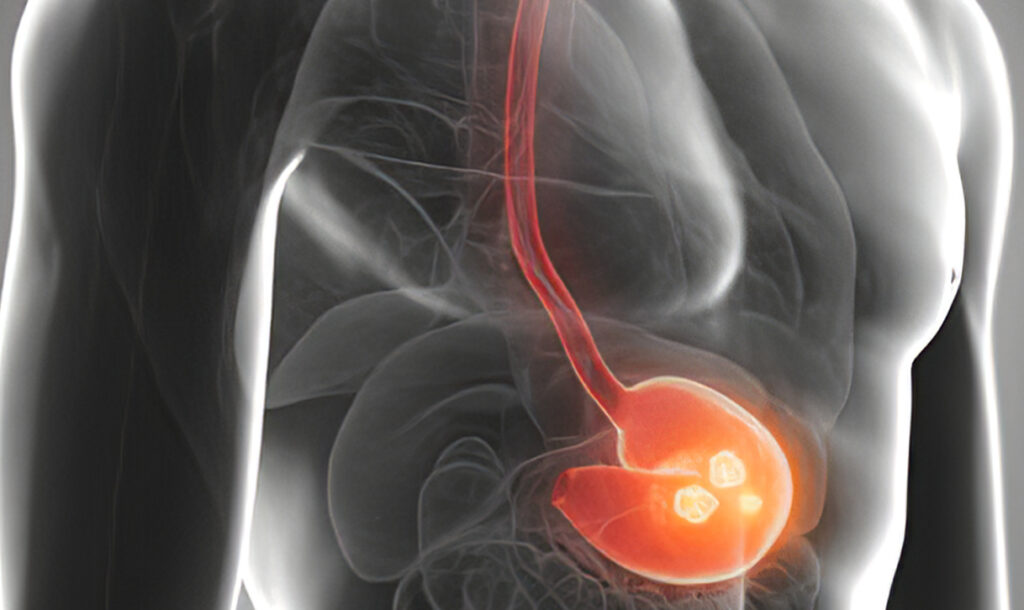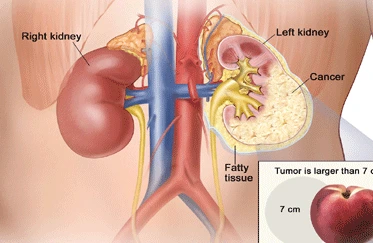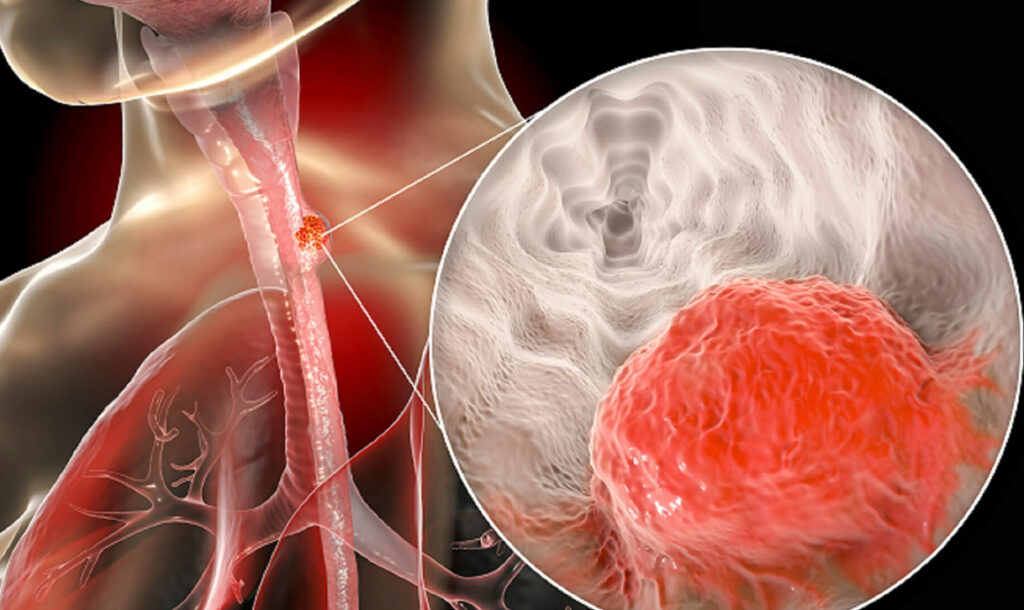The solution lies in recognizing special obesogenic features in India including, diet high in carbohydrate, glycaemic index, sugar and poor quality fat.
May 19, 2013 – Body awareness and Health have assued importance, like never before. There is a clear shift in mindsets not only among the youth, but across gender and age. Men and women even in their 60s and 70s are slipping on their jogging shoes and measuring their waistlines. Mushroming of gyms and weight loss centres all over the city is a clear indicator of this trend. Personal trainers, yoga instructors and personal dieticians are a grwoing a lot. The demand for bariatric surgeons too has grown in the last couple of years.
Consequently, the food industry too has added several ‘low-fat’ calorie counted fare. The big giants in the food industry have been quick to enter the health food arena with the introduction of sugar-free beverages, sugar substitutes, sugar-free and low-fat foods and salads. Yet, there are those who continue to be victims of gluttony and inactive lifestyles, preferring to remain unaware.
The solution lies in recognising special obesogenic features in India including, diet high in carbohydrate, glycaemic index, sugar and poor quality fat. Late dinners, persuasive hospitality, innumerable celebrations and festivals, and physical inactivity coupled with genetic predisposition also help put on those added kilos.
Healthy diets, regular physical activity, lifestyle changes and behavioural modification are required to help fight the ‘battle of bulge’. Customised solutions, guidelines and identifying mindless eating, emotional eating or stress eating patterns, need attention. However, the individual responsibility approach has failed to make an impact. A broader outlook involving multi-system integrated approach is needed. Identifying evils in food, amendments of food marketing laws and inovative legal strategies for food policy, learning lessons from tobacco for obesity prevention, school wellness policies, changing the food environment and working with the food industry for availablity of healthier food alternatives are some of the important strategies that must be a part of a National Anti-Obesity programme.
With increasing childhood obesity, early intervention can help nip the things in the bud. Creating healthy school envirnoment is crucial to create awareness and prevent obesity. Development of school policy to support a nutritional envirnoment is critical.
At a personal level, each one of us can begin by redifining our relationship with food – eat to live rather than live to eat.




